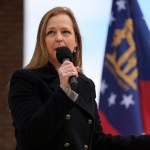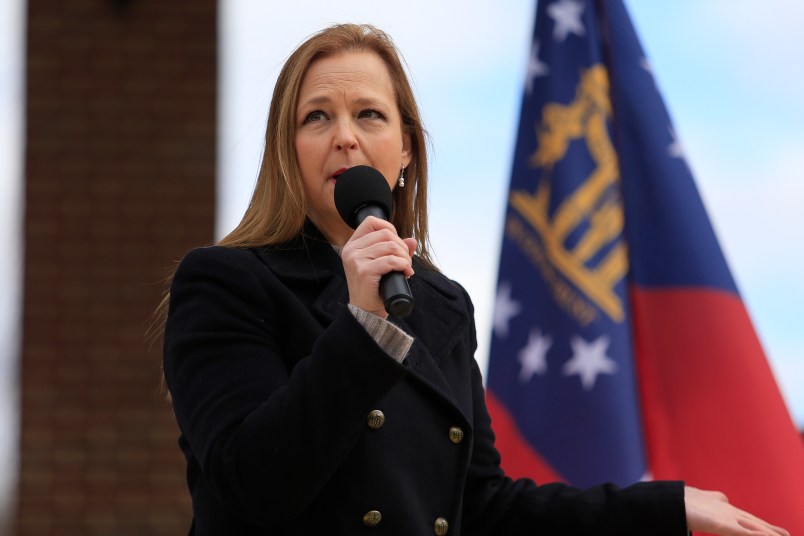Today the House Financial Services Committee began its mark up of a bill intended to impose new regulations on the over-the-counter derivatives market — whose abuses, excesses and lack of regulation are largely seen as contributing to the financial crisis. While Rep. Barney Frank (D-MA) promised before the meeting that “everything” in the “derivative area will be forced onto an exchange” where they’d be traded openly and under the watch of regulators, pro-reform activists aren’t taking Frank at his word.
On two conference calls with reporters and bloggers today, Heather Booth, director of the national coalition Americans for Financial Reform, emphasized the need for real reform and cautioned that “the big banks are throwing their weight around in Congress.” She urged voters in key districts and states to push their representatives for tough new financial regulations.
A major part of the issue on proposed derivatives regulation is who, exactly, would be exempt from a new requirement that derivatives be traded on the open market and which “end users” — defined as entities that use futures and other sorts of derivatives to hedge against volatility in their business — would merely have to publish information about their derivatives deals, but not make them on an open exchange. Already in today’s committee markup, Frank acknowledged, in Reuters’ words, “further concessions to firms ranging from airlines to agribusiness that are so-called end-users of derivatives.”
Corporations and other potential “end users” have been lobbying Congress and have expressed concern that trading on a regulated exchange would significantly raise transaction costs.
Michael Greenberger, formerly the director of the Division of Trading and Markets at the Commodity Futures Trading Commission — which regulates much of the derivatives market — said on one of the calls I joined in on that he’s concerned that too many swaps and other derivatives deals will be allowed off the exchange. Greenberger said his reading of the mark up was that deals between, say, Goldman Sachs and Morgan Stanley would have to be made on an exchange, but that there would be exemptions for deals between, say, Goldman and hedge funds, or Goldman and Exxon, or Goldman and any number of private equity firms.
“Those trades, which are the trades that we are worried about, will escape this exchange-trading requirement,” Greenberger said.
A mark up of the derivatives bill was expected to be completed today, though now it looks like it’ll be more likely to happen tomorrow.









